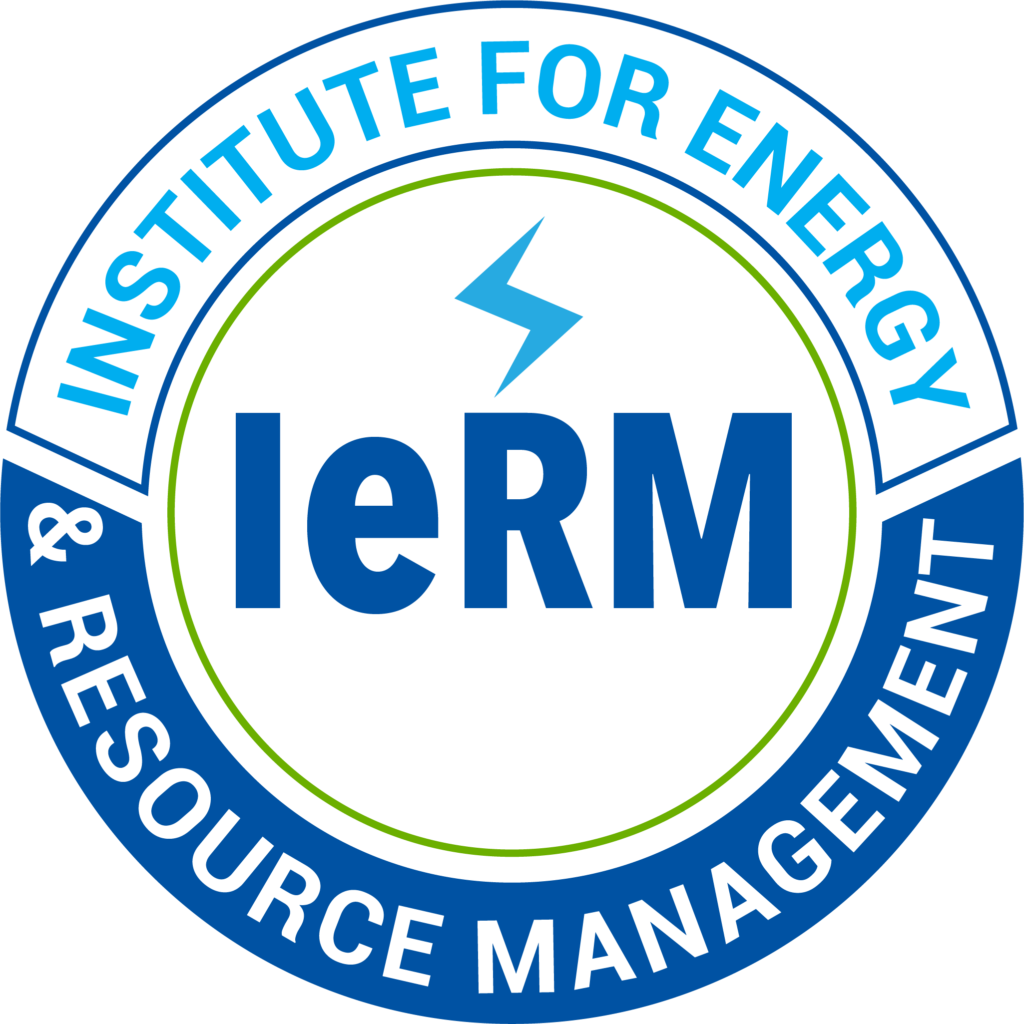While we favor a circular economy without landfilling or WTE/Incineration the nature of society (and consuming) does create waste that cannot be avoided or recycled. In that case waste should first be made inert, toxics destroyed, and materials and energy recovered so that landfilling, the worst option for dealing with…
…
Advocates of sustainable energy and waste management have been critical of the King County Solid Waste Division’s apparent push to expand the landfill. In September 2021, the Institute for Energy and Resource Management issued a public statement calling the King County Solid Waste Division’s environmental impact statement a “boondoogle,” and accusing the county of “going through the motions but having the conclusion decided well before hand.”
President of the Institute for Energy and Resource Management, Philipp Schmidt-Pathmann, has been increasingly vocal in his criticism of the King County Solid Waste Division and what he believes has been a lack of investment in recycling infrastructure and systems improvements. He cited stagnate rates of recycling in the region over the years.
Schmidt-Pathmann also has expressed his disbelief in the county’s studies, which claim the possibility of high rates of methane recapture from the landfill. Schmidt-Pathmann believes that the county has overinflated the rates of methane that can be captured as a way of making a landfill look like a more viable and sustainable waste management method than he believes it truly is.
He expressed his skepticism regarding the county’s reported rates of methane capture in a letter to the director of the King County Solid Waste Division in November of 2021.
…
– The EPA has stated it believes estimates of methane emissions from landfills may be twice as high as models indicate. While the landfill industry might disagree, numerous field studies have found that methane emissions are actually much higher than estimated. A 2016 study by Germany’s Institute for Energy and Environmental Research identified that landfill operators’ claims of methane recovery left out substantial amounts of emissions.
-Waste management companies are no longer just local contractors and the largest landfill operators are now national publicly traded companies. Substantial sums have been spent at the federal and state level by the waste management industry to influence the development and implementation of regulations. It is clear that waste companies have a vested interest in maintaining the status quo, and are willing to spend to do so.
-As more and more people come to realize the urgency of the climate crisis and the need for real and significant action, the U.S. must follow suit. As European Union Commission President Ursula von der Leyen said before the opening of the COP26 conference in Glasgow, now comes the “moment of truth” that will affect the “survival of mankind.”
… But San Francisco is still far from achieving the goal it set 16 years ago when it pledged it would achieve “zero waste”—and no longer need landfills—by 2020. Today, it’s nowhere close to that goal. No city is. Though it is a leader in the U.S. at recycling and composting, San Francisco is in a predicament common among American cities, whose residents are growing increasingly vexed by their role in creating vast amounts of garbage and their struggle to control where it’s ending up
….Then the progress stopped. San Francisco’s trend lines plateaued and even reversed a bit. By last year, its diversion rate had slipped to 51 percent.




